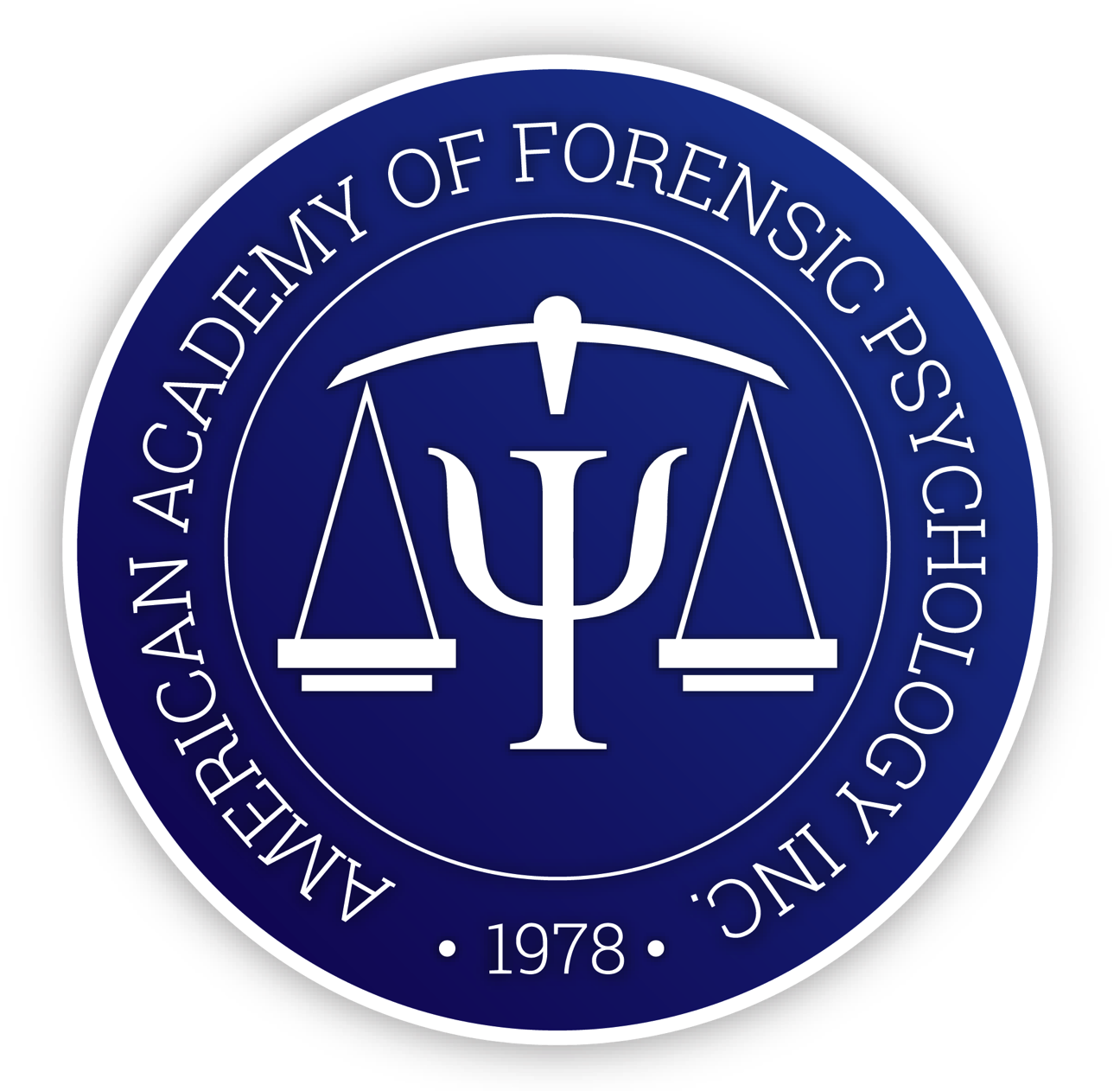4 Hours | 4 CEs
This on-demand professional training program on AAFP: The Art and Science of Expert Witness Testimony is presented by Karen Postal, PhD, ABPP in partnership with the American Academy of Forensic Psychology (AAFP).
This program shares the fruits of a multiyear research project with in-depth interviews of attorneys, judges, and seasoned forensic experts from multiple disciplines (including psychology, neuropsychology, medicine, and economics), highlighting and offering bridges for the areas where the needs and expectations of the courtroom collide with experts’ communication habits developed over years of academic and professional training. Rather than seeing testimony as a one-way download from expert to jurors, the program focuses on the direct, dynamic, unique communication relationship that develops as each juror’s lived experience interacts with the words experts speak.
The academic tradition of “methods-centered credibility” is also expanded to include “person-centered credibility,” where warmth, confidence, and relentless attention to detail build trust with jurors. Strategies and techniques are shared for disrupting traditional academic communication and creating access to expert opinions with vivid, clear language and strong visuals. The difficult but necessary emotional work of the courtroom is addressed with specific techniques to regulate emotions in order to maintain person-centered credibility and keep the needs of jurors front and center through cross-examination. Rather than advice on testifying from a single expert, the research paradigm shared in the program offers a unique experience: like being personally mentored by over 85 attorneys, judges, and seasoned experts as they share their observations, insights, and strategies: not to “win” as a defense, prosecution, or plaintiff expert, but to be productive in helping jurors and other triers of fact do their difficult intellectual job in deciding a case.

Intended Audience
This on-demand professional training program is intended for mental health and other allied professionals

Experience Level
This on-demand professional training program is appropriate for beginner, intermediate, and advanced level clinicians.

CE / CPD Credit
APA, ASWB, CPA, NBCC Click here for state and other regional board approvals.
Learning Objectives
Upon completion of this program you will be able to:

Describe the challenges and benefits of recognizing the unique, direct, dynamic communication partnership that develops with jurors during testimony in our increasingly diverse society.

Describe person-centered credibility (how judges, attorneys, and jurors typically understand credibility) from methods-centered credibility (how academically trained experts to understand credibility).

Describe specific ways that traditional academic communication patterns prevent jurors from accessing expert witness opinions and diminish our person-centered credibility.

Describe several disruptive communication strategies on both direct and cross-examination that allow us to create moments of access and engagement with jurors.

Curriculum
1. Introduction
2. Disruptive Shift - I
3. Disruptive Shift - II
4. Disruptive Shift - III
5. Common Sense
6. Disruptive Shift - IV
7. Disruptive Shift - V
8. Disruptive Shift - VI
9. Emotional Regulation Techniques
10. Disruptive Shift - VII
Develop a Specialty Area of Practice
Transforming mental health professionals into experts
Expert Instructors
Professional training developed and delivered by the field's leading experts

CE Credit
Earn CE credit for meaningful professional training that will elevate your practice
Convenience & Flexibility
Learn at your own pace, from wherever you might be!
Program Partner
American Academy of Forensic Psychology (AAFP)
We are proud to partner with the American Academy of Forensic Psychology (AAFP) for this training. AAFP is a non-profit organization of board-certified forensic psychologists whose mission is to contribute to the development and maintenance of forensic psychology as a specialized field of study, research, and practice. The Academy does this by providing high-quality continuing education workshops, providing a forum for the exchange of scientific information among its members, and conferring awards upon outstanding students and practitioners in the field of forensic psychology.

CE Sponsorship Information
Palo Alto University, Continuing and Professional Studies (CONCEPT) is approved by the American Psychological Association to sponsor continuing education for psychologists. Palo Alto University, Continuing and Professional Studies (CONCEPT) maintains responsibility for this program and its content. Palo Alto University, Continuing and Professional Studies (CONCEPT) is approved by the Canadian Psychological Association to offer continuing education for psychologists. Palo Alto University, Continuing and Professional Studies (CONCEPT), SW CPE is recognized by the New York State Education Department’s State Board for Social Work as an approved provider of continuing education for licensed social workers #SW-0356 and the New York State Education Department’s State Board for Mental Health Practitioners as an approved provider of continuing education for licensed mental health counselors. #MHC-0073. Palo Alto University, Continuing and Professional Studies (CONCEPT) has been approved by NBCC as an Approved Continuing Education Provider, ACEP No. 6811. Programs that do not qualify for NBCC credit are clearly identified. CONCEPT Professional Training, #1480, is approved to offer social work continuing education by the Association of Social Work Boards (ASWB) Approved Continuing Education (ACE) program. Organizations, not individual courses, are approved as ACE providers. State and provincial regulatory boards have the final authority to determine whether an individual course may be accepted for continuing education credit. CONCEPT Professional Training maintains responsibility for this course. ACE provider approval period: 11/22/23-11/22/26. Social workers completing this course receive (clinical or social work ethics) continuing education credits.


